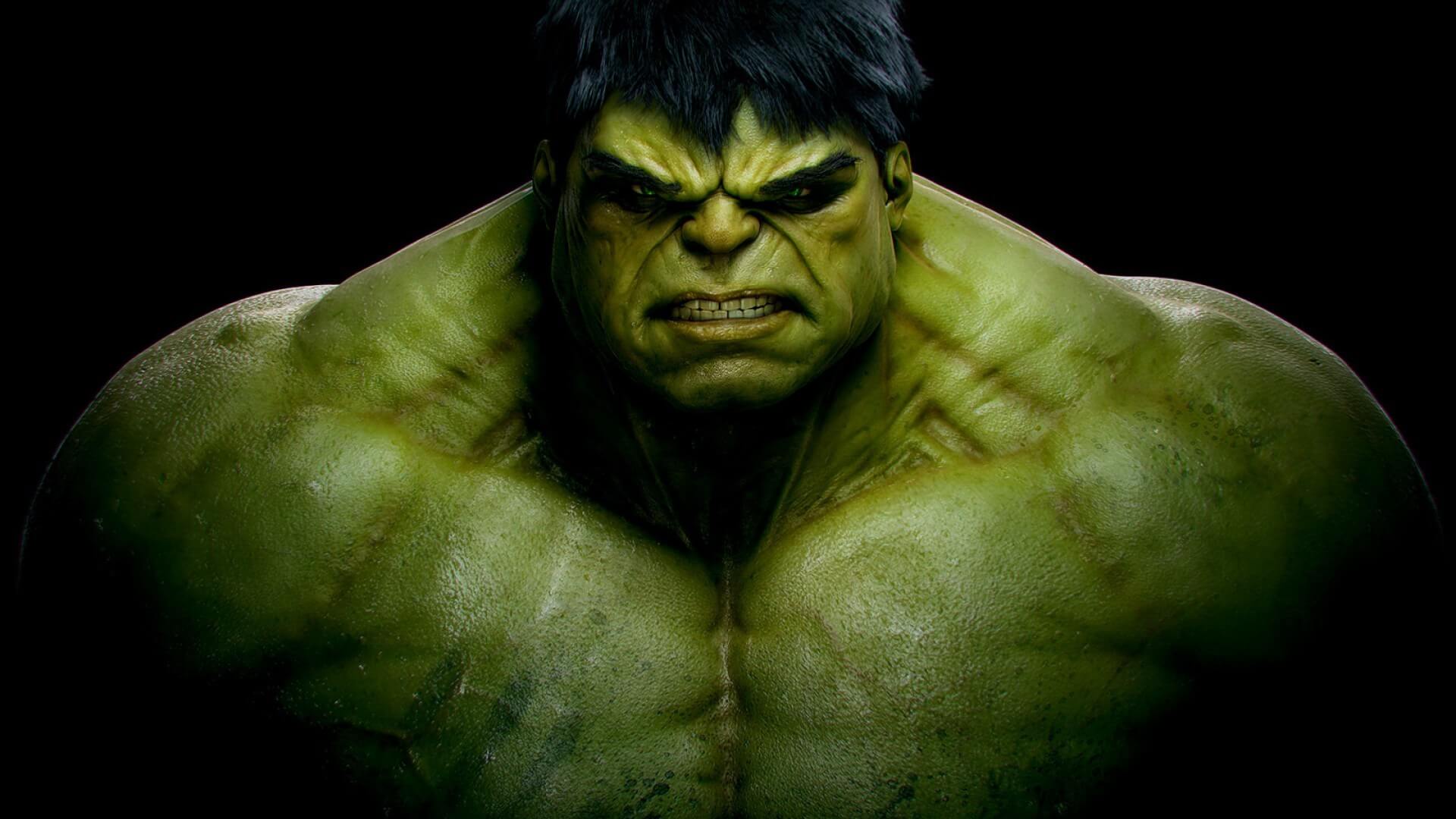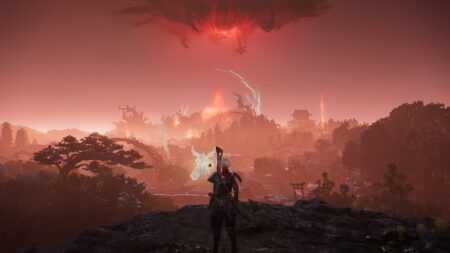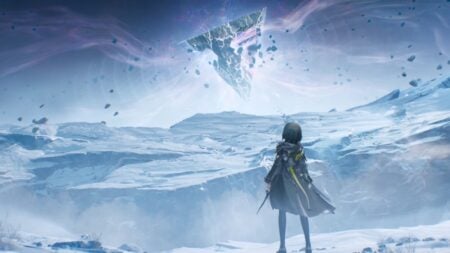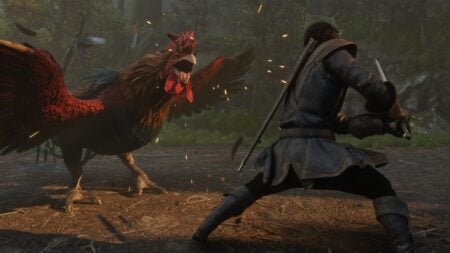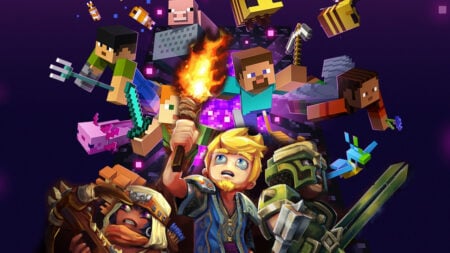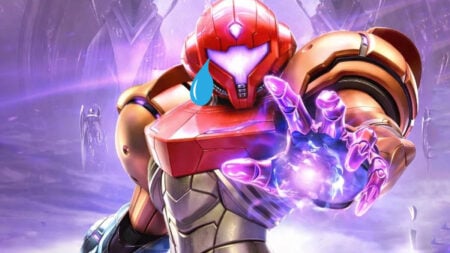To say that Ang Lee’s Hulk was divisive among fans and critics is a bit of an understatement. It was so much so that Universal let the rights to the green guy revert back to Marvel Studios. With a cinematic universe already set in motion by Iron Man, reintroducing the Hulk was the next logical step towards the “Avengers Initiative.” In a way, though, The Incredible Hulk feels as much of a sequel to Hulk as it does a reboot. The film picks up from a logical place given the way Hulk ended with Banner as a fugitive in South America. The Incredible Hulk is certainly a more simplified and straightforward approach to the character in contrast to the overly scientific version (and occasionally muddled) film of Ang Lee. That’s ultimately the film’s biggest strength and weakness, as it’s very much a typical superhero film to a fault.
Unlike most of the phase one movies in the MCU, The Incredible Hulk is not entirely an origin story. During the opening credits of the film, director Louis Letterier showcases all the vital information necessary to understand the origin of the Hulk. Bruce Banner (Edward Norton) is blasted with gamma radiation following a failed military experiment which injures his colleague Betty Ross (Liv Tyler). When his heart rate exceeds a certain limitation, he transforms into a mindless brute with only bare glimpses of his memory when he reverts to normalcy. Banner becomes a fugitive from the government while General Ross (William Hurt), seeks to use the Hulk’s genetic template as a military weapon. The film is very much a cat and mouse type chase film. Banner is hunted by not only Ross but also soldier Emil Blonsky (Tim Roth), who has ambitions of his own.
For all its faults (and believe me, there are a few big ones), I am a fan of Ang Lee’s Hulk. It plays less like a superhero film and more like a Greek tragedy. Banner was portrayed as a diametrically opposed individual with his alter ego. Not only that, the dichotomy between Betty and Banner was much more than a romantic one. Both had difficult relations with their fathers. Betty and General Ross were at odds constantly and Bruce’s origin was correlated with the experiments of his own father. The Hulk in that film was an allegory for bipolar disorder. In The Incredible Hulk, it plays it safe as just a warning to the dangers of scientific research.
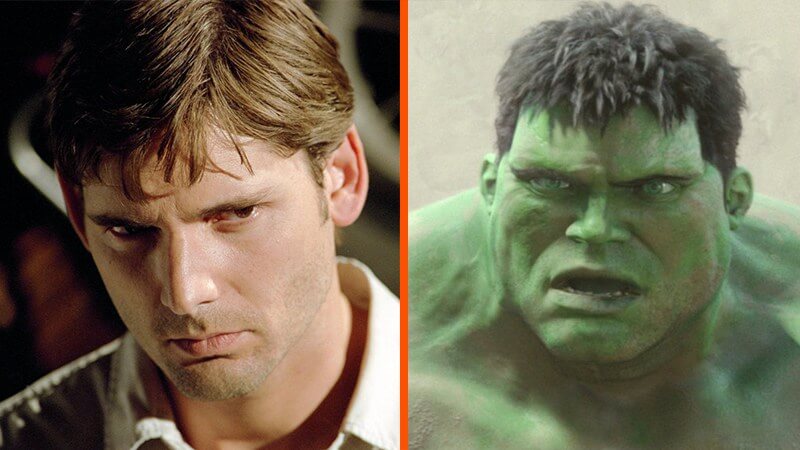
While I prefer Ang Lee’s film, I think Edward Norton is a stronger Bruce Banner than Eric Bana was. I like his timid demeanor and his portrayal evokes Bill Bixby’s take on Banner from the old TV series of the 70s. His performance is stand out, but his character dilemmas and inner monologue pale in comparison to Ang Lee’s take. Bana’s Bruce Banner presents an interesting look at the character’s psyche and whether or not he actually enjoys being the Hulk. He tells Betty, “When it happens when it comes over me when I totally lose control … I like it.” Norton’s Banner doesn’t seem to have any real inner struggle aside from ridding himself of the Hulk. It’s a trope in superhero films that I hate: we know they won’t rid themselves of their powers so why bother wasting time on it?
In Ang Lee’s film, the Rosses did not feel as much as much like archetypes as they do in The Incredible Hulk. Liv Tyler and Norton don’t have much chemistry together and Betty is kind of shallow. She’s already in a committed relationship but once Banner re-enters her life she drops everything and goes right back to him. As General Ross, William Hurt doesn’t seem like he’s entirely into it. At points, it looks like he’s sleepwalking through his scenes. I don’t see any logic in Ross’s motivation at all. He wants to create an army of super-soldiers using the Hulk’s DNA. If Banner couldn’t control the Hulk, what makes Ross think he could control an army of them? He’s also got no shortage of ammunition; his soldiers cause so much collateral damage in this film I’m surprised he hasn’t been demoted.
My favorite character in the film is Emil Blonsky. Tim Roth is one of my favorite character actors and he brings much more to the role than what’s written for him. He’s got an interesting motivation. He’s an aged soldier seeking to cheat the ravages of time via some kind of fountain of youth. He gets his opportunity once injected with “The Super-Soldier Serum” (a great nod to Captain America), allowing him to effectively combat the Hulk. When he becomes the monstrous Abomination, he’s no longer interesting and the film descends into a typical climax. The fight between Hulk and Abomination turns into white noise; it’s just 2 CGI monsters beating each other senseless for 20 minutes. It would be fine if there was some kind of emotional stakes but they’re absent through most of the movie. Nevertheless, it has the advantage over Ang Lee’s film. As generic as the climax is, at least it doesn’t descend into becoming confusing and nonsensical.
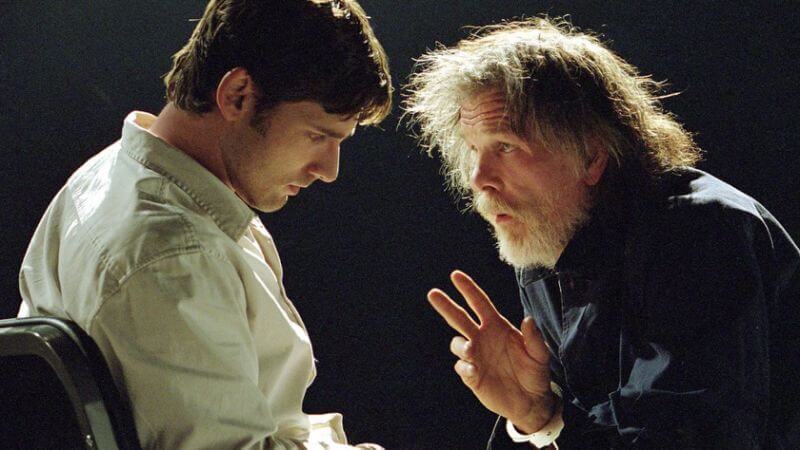
The lack of emotional investment is a big hindrance to The Incredible Hulk. Given a character with a deep psychosis like Bruce Banner, there’s isn’t much in the way of interesting psychological discussion or dilemmas. When Banner eventually meets his American contact, Samuel Sterns (Tim Blake Nelson), we see he’s genetically reproduced Banner’s blood samples with the hopes to cure diseases. This is really interesting, but it comes in so late to the story that it amounts to nothing. There’s a great moment where Sterns turns into famous Hulk villain The Leader. Unfortunately, it doesn’t seem like this will be explored for the foreseeable future in the MCU. The same can be said for any of the characters or events of this film minus Banner (who was recast for The Avengers anyway).
The Incredible Hulk is the definition of a generic superhero movie. To be fair, it does contain some great action sequences. The whole chase in Brazil between Banner and the military is well choreographed as is the Hulk’s introduction. He’s kept as a monster in the shadows; a great homage to the rules of classic Horror films. Screenwriter Zak Penn throws in a funny quip here or there, but as a whole, there’s not a lot of memorable dialogue. The movie as a whole is not very memorable. It’s enough to keep you entertained, but it lacks any sort of resonance or visual splendor that the majority of the MCU films contain. We’ve had two solo films and The Avengers is the best Hulk film we’ve had this far.

